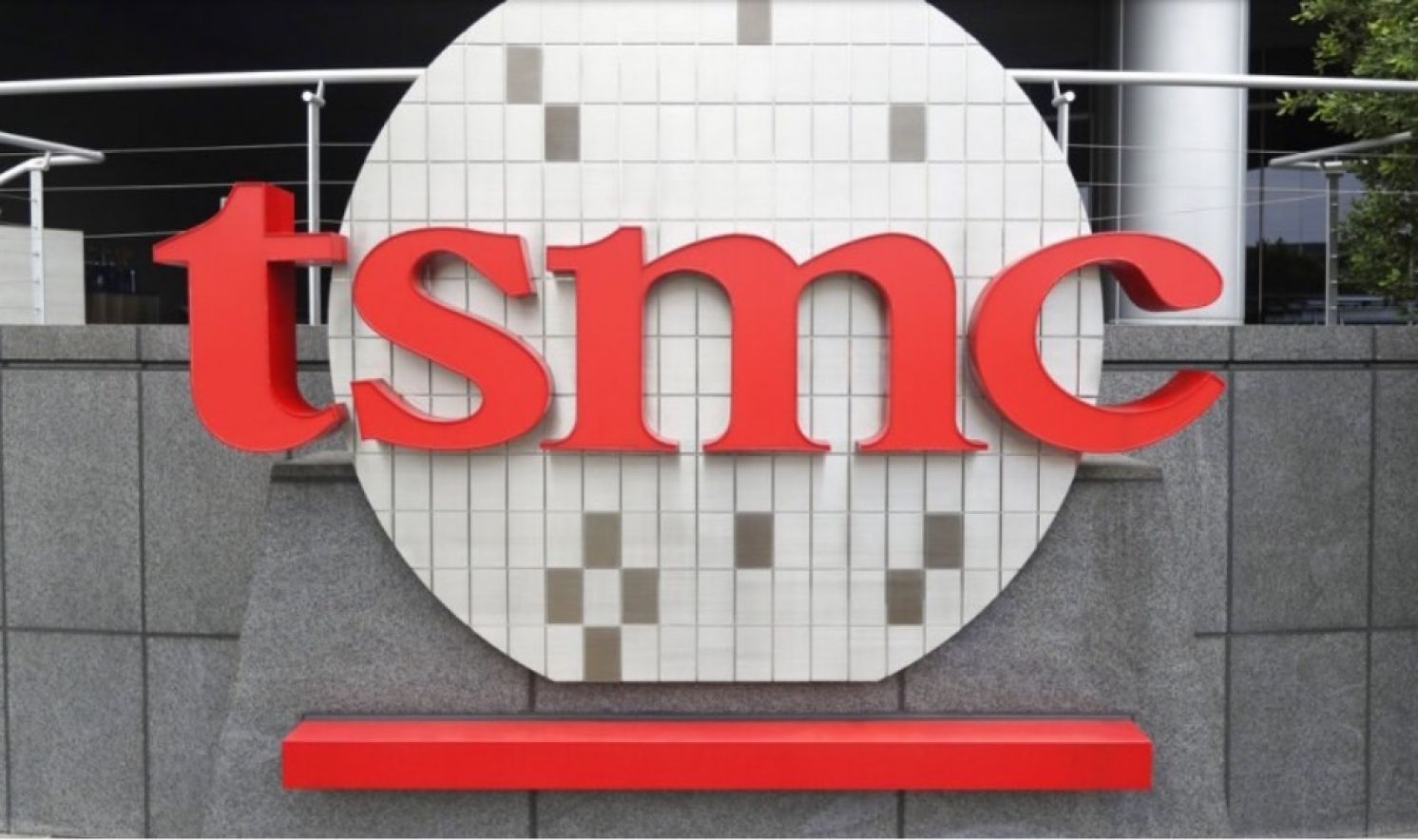
This Week in Taiwan 0326-0401
March 27: Former President Ma Ying-jeou mentioned the "Republic of China" in his public remarks after paying respects to Dr. Sun Yat-sen at the Mausoleum in Nanjing, stressing that the R.O.C. is now in its 112th year. In his meeting with Xin Changxing, Communist Party secretary of Jinagsu Province, Mr. Ma also mentioned events during his "presidency" in Taiwan. In a discussion with students at Hunan University, Mr. Ma stated that both Taiwan and the mainland are parts of the R.O.C. His repeated emphasis of the R.O.C. is unprecedented for Taiwan politicians who have visited the mainland. Mr. Ma is the first former head of state of the R.O.C. to set foot on the Chinese mainland in 74 years since the two sides of the Taiwan Strait became separately ruled in 1949.
March 27: Terry Gou, founder of Hon Hai Precision Industry Company (Foxconn), embarked on a 12-day tour of the United States stressing technology and economic development. In addition to visiting important people in Washington and delivering a speech at the Brookings Institution, Mr. Gou spoke on industrial artificial intelligence (AI) at the University of Maryland (UMD) and visited the medical school and business school deans of Harvard University. In his discussion with the Taiwan Student Association at the UMD, Mr. Gou indicated that the next leader of Taiwan ought to build the country into a "technology island" rather than an "ammunition island."
March 27: The amended Statute for Industrial Innovation, dubbed the Taiwan version of the CHIPS Act, focuses on chip manufacturing and caused dissatisfaction in the integrated circuit (IC) design industry. Mainland China's IC design output value is expected to surpass Taiwan's in 2026 and occupy the second largest market share. MediaTek joined forces with other flagship IC design companies to put forth a white paper on Taiwan's IC design industry. Chairman Tsai Ming-kai stated that the Taiwan version of the CHIPS Act should incorporate all parts of the semiconductor industry, including IC design, downstream system and product applications, software, and the entire ecosystem.
March 29: President Tsai Ing-wen commenced her foreign visit to diplomatic allies in Central America and will make stops in New York on her way and Los Angeles, California, on her return trip. She is expected to meet with Speaker Kevin McCarthy of the U.S. House of Representatives. Originally, the Department of State arranged for senior officials to give President Tsai an unprecedented transit briefing, but it was canceled at the last minute. The State Department did not state the reason. It was originally reported that former Secretary of State Mike Pompeo would attend the New York gala and have a dialogue with President Tsai, but he did not show up in the end.
March 29: The term of Hideyuki Murakami as chairman of major department store chain Shin Kong Mitsukoshi has elapsed. The company convened a board meeting and elected Taiwanese Eric Wu as chairman and a representative from Japan's Isetan Mitsukoshi as vice chairman. (Mr. Wu concurrently serves as chairman of the Hsin Kong Group and Shinkong Synthetic Fibers Corporation.) The general manager of Shin Kong Mitsukoshi remains Wu Hsin-yang.
March 30: In the past one and a half month, 20 floating corpses have appeared along the coast of Taiwan. The police confirmed that seven of them were Vietnamese. They also found 14 Vietnamese suspected of being smuggled to Taiwan by boat before the middle of last month. There may have be a shipwreck, or people were thrown to the sea by human smuggling syndicates. Excluding the nine Taiwanese who either committed suicide or fell into the water by accident, four corpses remain identified.
March 30: The U.S. CHIPS Act has begun to accept applications from companies, but Chairman Mark Liu of the Taiwan Semiconductor Manufacturing Company (TSMC) stated in an interview at the annual meeting of the Taiwan Semiconductor Industry Association (TSIA) that TSMC finds some of the restrictive clauses unacceptable and needs to communicate with the U.S. Department of Commerce. But Mr. Liu did not explicitly state which conditions are unacceptable. This is the first the time that TSMC has expressed a position on the CHIPS Act.
March 30: Many in Keelung have expressed opposition against the Taiwan Power Company's land reclamation and construction of a fourth natural gas receiving station off the Keelung Hsieh-ho Power Plant and proposed a local referendum on sea protection. Mayor Hsieh Kuo-liang announced that the referendum petition passed initial review and may proceed to the second stage of collecting signatures. However, the Central Election Commission stated that the Ministry of the Interior has determined that the question concerned is not a matter of local autonomy and may not be addressed as a local referendum.